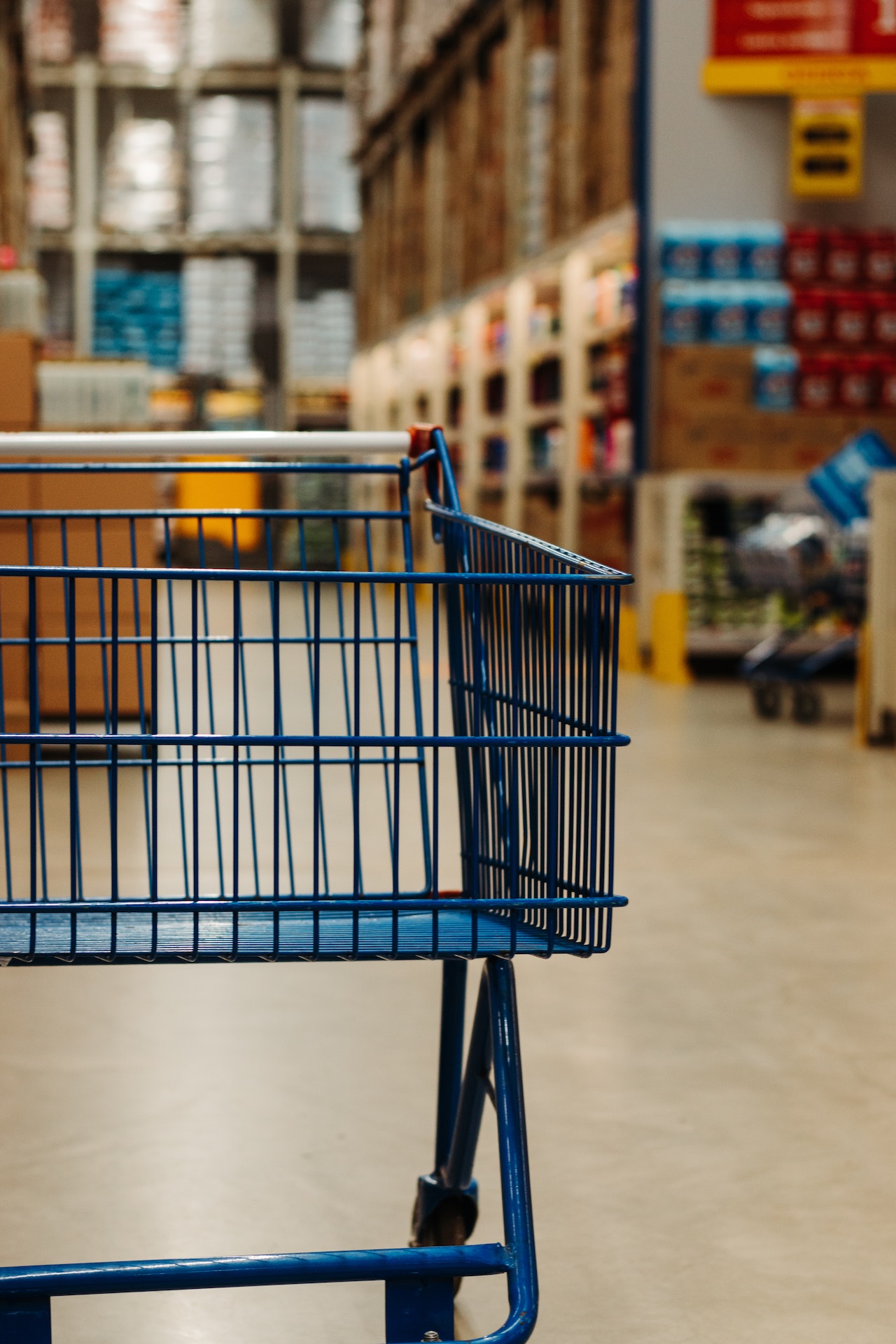As the COVID-19 pandemic persists and flu season approaches, Clorox, the renowned bleach and cleaning-wipe manufacturer, is sounding an alarm that consumers might face challenges in procuring its products. Clorox revealed that a cyberattack in mid-August forced them to deactivate essential systems, resulting in a “diminished operational capacity,” which, in turn, exacerbated product shortages. While this situation is not reminiscent of the severe shortages seen during the peak of the pandemic, it is concerning given the timing.
In an official filing with the Securities and Exchange Commission (SEC), Clorox acknowledged that it anticipates resuming normal production levels next week. However, the company cautioned that it currently cannot provide an estimate for when operations will fully normalize. The cyberattack inflicted substantial damage to Clorox’s IT infrastructure, causing widespread disruption in its operations. Additionally, Clorox stated that the impact of these disruptions is expected to be “material on Q1 financial results” while refraining from commenting on the potential long-term consequences.
Although the cyberattack occurred in August, it marks the third high-profile cybersecurity incident in the past month. MGM Resorts is still recovering from a ransomware attack that paralyzed numerous systems across its Las Vegas properties, resulting in excessively long check-in times at some hotels. Meanwhile, Caesar’s Palace disclosed that it, too, fell victim to ransomware operators but opted to pay the ransom, thereby averting operational interruptions.
The product shortages of Clorox due to the cyberattack coincide with the onset of respiratory disease season. While reported cases remain low, the Centers for Disease Control and Prevention (CDC) cautioned that it is still early in the season. The CDC stated, “Flu activity in the United States is currently low, and although the timing, intensity, and severity of the upcoming flu season cannot be predicted, it is likely to increase over the fall and winter.” Furthermore, the CDC noted that respiratory syncytial virus (RSV) activity is also presently low but expected to rise.
The cyberattack’s aftermath raises concerns about the availability of Clorox products during the impending flu season, as a decreased supply may struggle to meet heightened demand. To mitigate the potential scarcity of these essential cleaning and disinfecting products, consumers and healthcare providers are encouraged to take preventative measures. Frequent handwashing, sanitizing commonly touched surfaces, and diligent disinfection practices can contribute to heightened protection. However, the primary responsibility rests with Clorox to expedite its recovery from the cyberattack.
As Clorox grapples with the possible financial ramifications of this cyberattack, it is imperative for consumers to stay informed about the latest developments and plan accordingly if they rely on Clorox products for essential protection.
Source: Fortune.com



